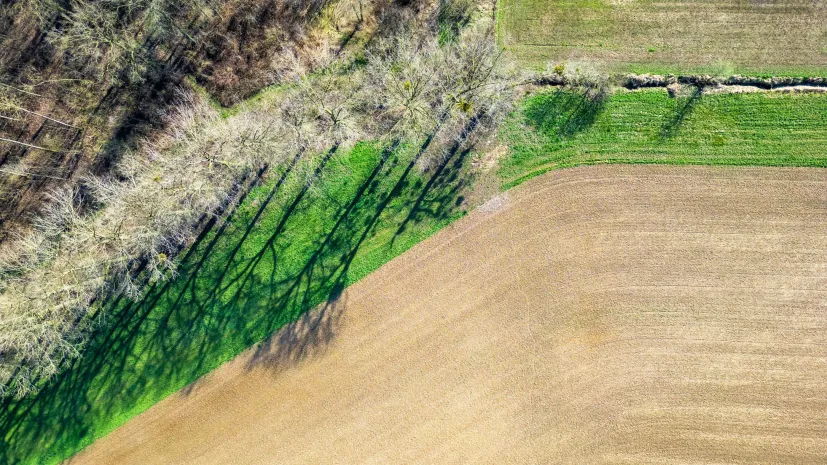
Pollinator survival depends on soil quality, study finds
Pollinator survival depends on soil quality, scientists involved in a pan-European research initiative said, announcing a four-year project to examine how soil condition and management affect pollinating insects and what measures could better protect them.
-
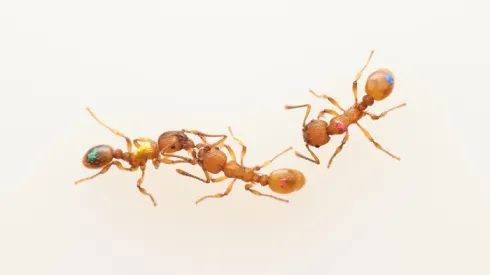
Fungal infection alters ant colony behaviour, study shows
A long-term fungal infection in ants affects the division of labour within colonies, according to biologists from the University of Warsaw Botanical Garden and the Museum and Institute of Zoology of the Polish Academy of Sciences.
-
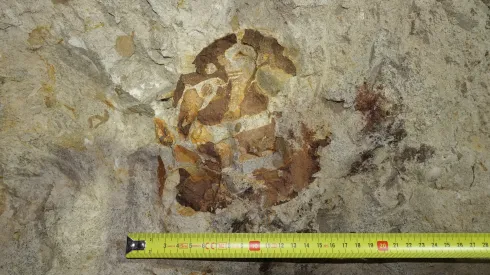
Giant ‘sea lizard’ the size of a killer whale found in Poland
Palaeontologists have identified the remains of a large ichthyosaur, comparable in size to a modern killer whale, discovered in a phosphate mine in Annopol on the Vistula River in eastern Poland.
-

European city birds flee sooner from women than men, study finds
Birds living in European cities flee earlier from women than from men, according to an international study that included Polish researchers.
-
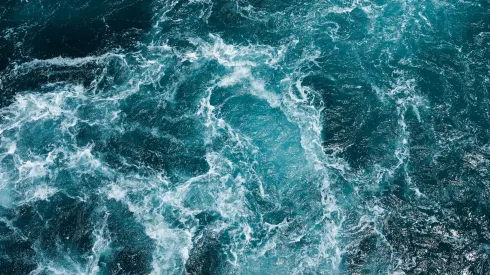
Undersea observatory learns to identify cosmic signals from sea noise
KM3NeT, a vast undersea network of thousands of light sensors in the Mediterranean Sea, is learning to distinguish rare neutrino signals from natural background flashes in real time, according to a study published in Nuclear Instruments and Methods in Physics Research A.
-

Geneticist warns against inbreeding of purebred dogs and sterilisation of mixed breeds
A growing focus on breeding purebred dogs while sterilising healthy mixed-breed animals is a disturbing trend that harms dogs and their owners, an evolutionary geneticist from the University of Gdańsk has warned.
-
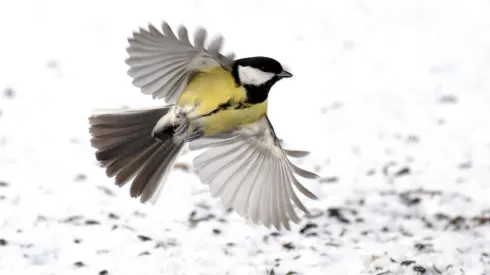
Birds must watch every gram of fat to survive winter, says ornithologist
The next two months are the coldest and most critical for birds, making winter feeding both essential and strategically complex, according to ornithologist Konrad Leniowski, PhD, from the University of Rzeszów.
-
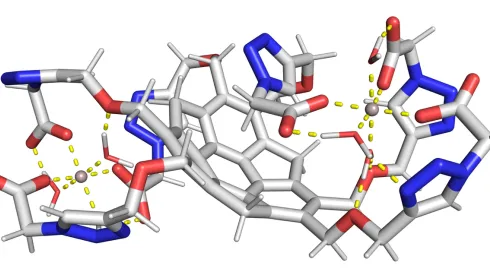
Polish chemists develop water-soluble fluorescent molecules to detect metal contaminants
Polish chemists have developed new water-soluble molecules whose fluorescence is quenched in the presence of selected metal ions, a discovery that could support faster detection of contaminants in river and lake water, researchers from the Warsaw University of Technology said.
-
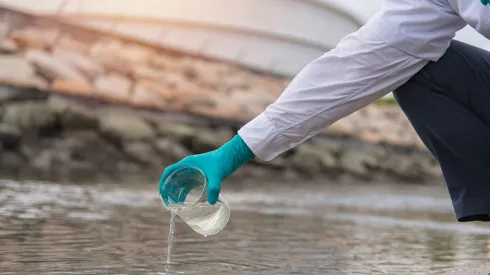
Scientists turn waste into powerful water cleaner for industrial dyes
Scientists from India, in collaboration with Polish PhD Michał Piasecki from Częstochowa, have developed a porous material from agricultural and industrial waste that accelerates the decomposition of persistent dyes in wastewater under visible light.
-
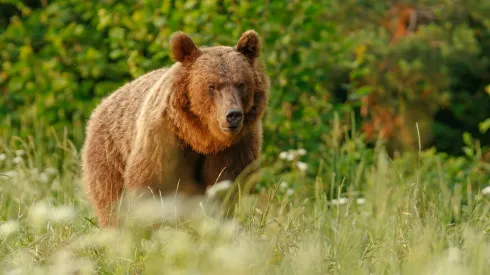
Bears are adapting diets to climate change, international study finds
Bears are adapting their diets in response to global environmental changes, according to a new study by an international team of researchers, including scientists from Poland.













